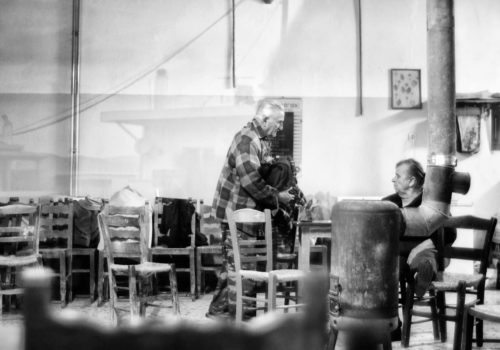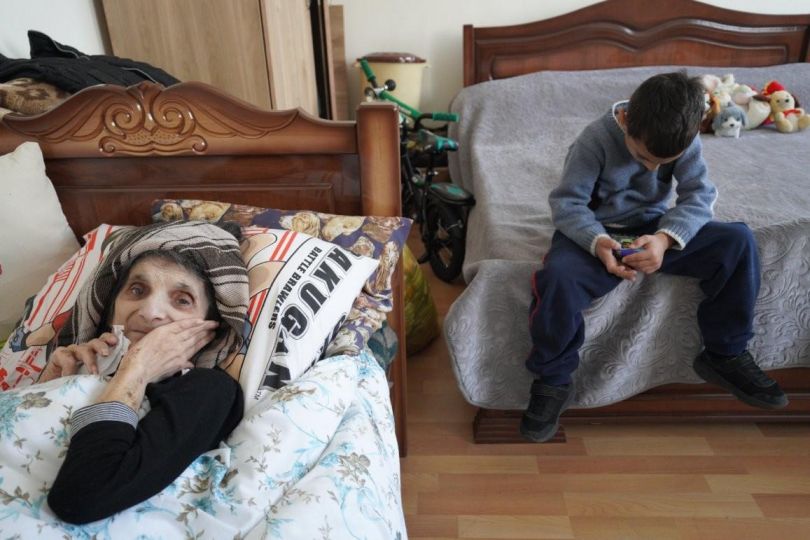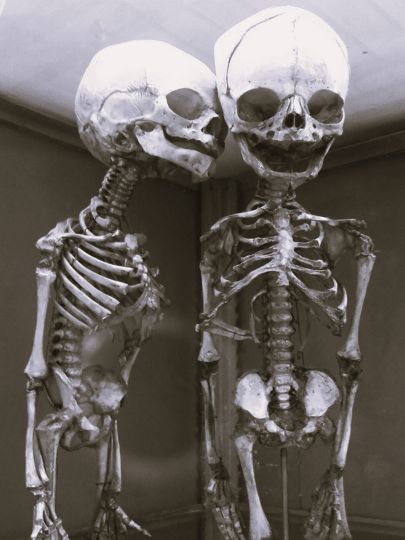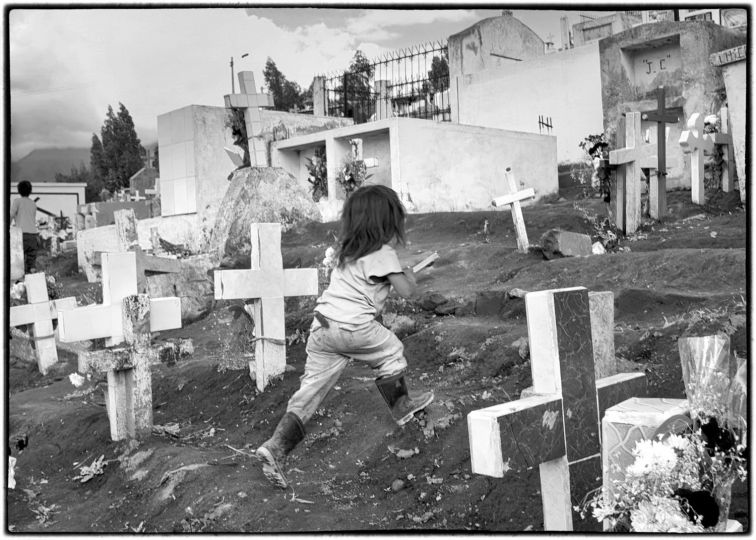Europe’s currency union brought abrupt prosperity to it’s poorest member, Greece.
But continent’s financial crisis has hit the hardest here. The nation’s wealthy swiftly exported their money at the first sign of financial trouble, leaving ordinary Greeks to carry the full weight of economic austerity.
More than three year’s into the crisis, Greece is still losing 1,000 jobs a day, and the effects of sudden poverty can be seen on nearly every street corner.
Hair salons, newly built highway rest areas, small factories, until recently buzzing with life, are now vacant; luxury car lots are idle; restaurants with tables set wait for customers from the vanished domestic tourism market.
For every new rescue loan from other eurozone countries and the IMF, Greece must inflict more pain on its citizens, with endless pay cuts, tax increases and drastic cuts in services that leave the needy desperate and turning to one another for help.
It’s no longer unusual to see someone well dressed waiting in line for hand outs. Clothes left by the dumpster may me hung on a tree for display with a dust cover so they are not mistaken for trash.
As the world watched Greece wrestle with bankruptcy, it got acquainted with images of hardship and protest: Very demonstrations outside parliament, beggars crouched along Athens’ central streets.
It’s a few blocks away, however, that the extent of Greece’s ordeal starts to become apparent. The worried faces of workers taking a cigarette break, the lowered heads of commuters taking the subway, and the angry graffiti on shuttered stores in a nation losing hope in promises of recovery.
Milos Bicanski
















